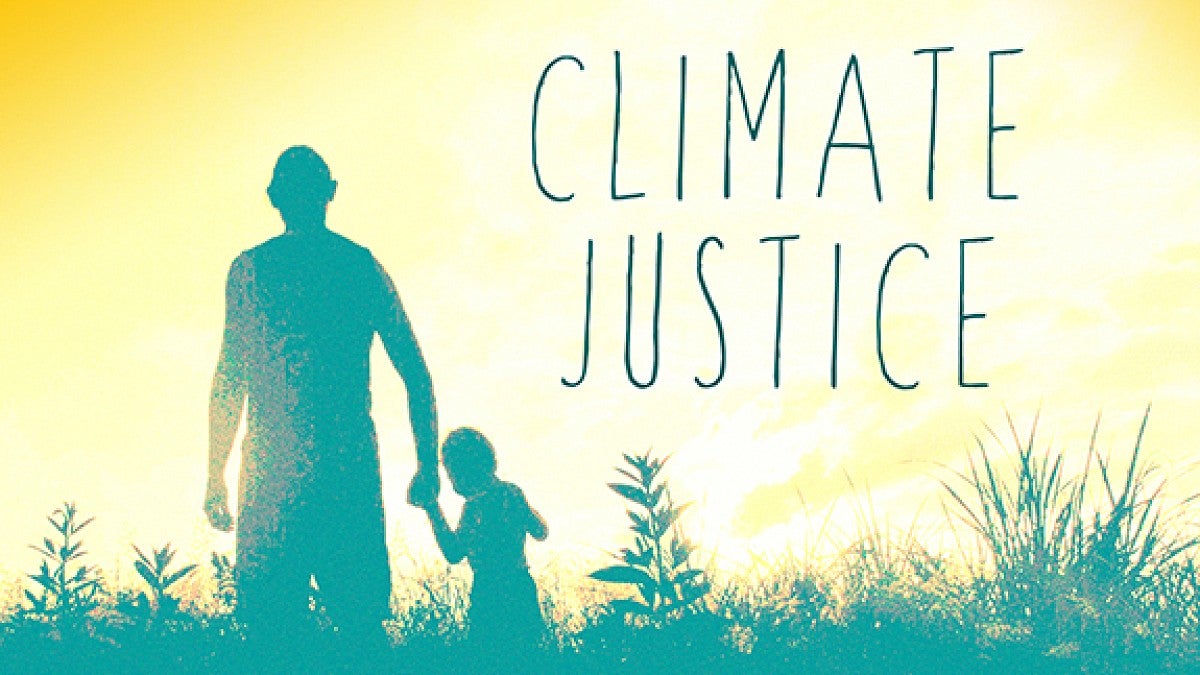A former UO law professor and national expert on environmental law will discuss solutions to remedy environmental injustice in this year’s Colin Ruagh O’Fallon Memorial Lecture.
Robin Morris Collin, the Norma Paulus Professor of Law at Willamette University College of Law, will speak on “The Geography of Injustice and the Ecology of Reparations” on Tuesday, Dec. 8, at 5 p.m. via Zoom. The talk will center on how centuries of environmental exploitation and social injustice in the U.S. be unraveled.
Collin asserts that, driven by the legacies of colonialism and slavery, U.S. public policy has deliberately subordinated nature and people in pursuit of profit by discounting the value of people and places into commodities for transactional exchange. She believes the U.S. economy, through patterns of extraction, consumption and pollution, has deeply harmed the Earth and its people.
Poor communities, especially communities of color, are disproportionately impacted by pollution, waste disposal, hazardous sites, resource depletion and disasters in the natural and built environment, she says.
To visualize how people and places are affected by environmental injustice, Collin uses the EPA’s EJSCREEN: Environmental Justice Screening and Mapping Tool, which collects and analyzes information to assess and compare environmental and human health risks borne by populations identified by race, national origin or income.
Beyond defining the problems, Collin will outline key strategies that can lead to healing. She contends that in order to heal, the nation must reestablish a reciprocity between people and nature, and center environmental justice in the heart of sustainability.
To that end, Collin maintains that environmental justice must be included in the core curriculum so all will understand why equity matters. She believes reparations can change the ecology of subordination, but not with payments, which she says will not change systems.
Sustainable, community-based projects, she believes, create new systems that bolster relationships between people and the land. An example is the Southeastern African American Farmers’ Organic Network, which is committed to culturally relevant, ancestrally guided and ecologically sustainable agricultural-based living.
Collin, the first U.S. law professor to teach sustainability courses in a U.S. law school, currently teaches global sustainability. Prior to her tenure at Willamette University, she was a professor at the University of Oregon School of Law from 1993 to 2003. While at the UO, she co-founded the Coalition Against Environmental Racism’s Environmental Justice Conference and the Sustainable Business Symposium, both of which continue into their second decade.
She has been awarded the David Brower Lifetime Achievement Award from the UO’s Public Interest Environmental Law Conference, the 2012 Oregon Woman of Achievement Award, the Leadership in Sustainability Award from the Oregon State Bar, the Campus Compact Faculty Award for Civic Engagement in Sustainability, and the national Environmental Justice Achievement Award from the Environmental Protection Agency for her work with the Oregon Environmental Justice Task Force.
She also was a founding board member of the Environmental Justice Action Group of Portland, and a founding member of Lawyers for a Sustainable Future.
Collin’s talk is free and open to the public. Registration is required to participate in the live Zoom event. The talk will be recorded and available for viewing on the OHC’s YouTube channel. For more information contact ohc@uoregon.edu


